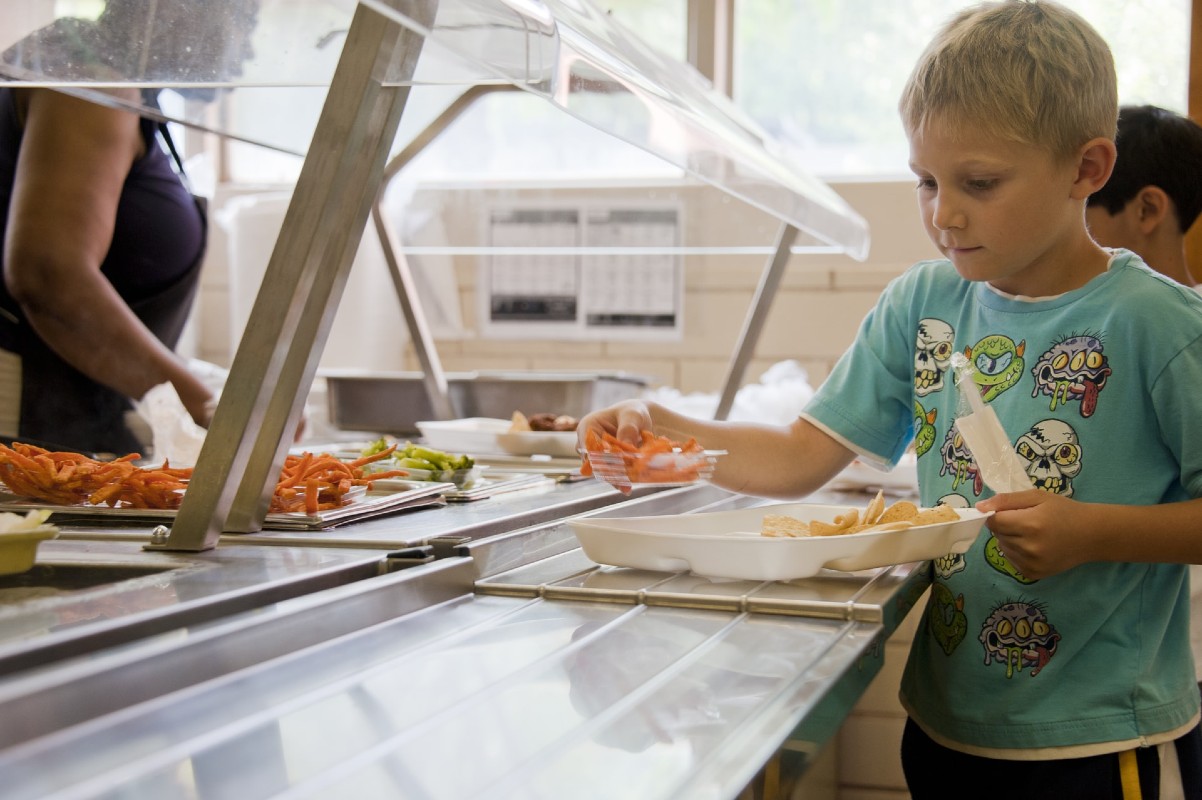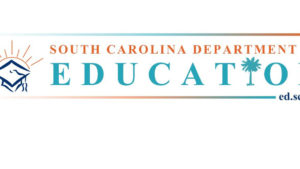
By Skyler Baldwin | The shortage of teachers and support staff in South Carolina schools is poised to only get worse, despite the legislature’s best efforts, according to teachers, education officials and advocates. Why? Not only are teachers leaving in droves, but international teachers who have provided temporary relief aren’t a long-term solution.
A November 2021 report from the Center for Educator Recruitment, Retention and Advancement (CERRA) found about 6,900 South Carolina teachers from the 2020-21 school year did not return to a position in the same district this year. That is a 15.5 percent increase compared to departures reported last year.

Between October 2021 and February 2022, 977 teachers throughout the state left their classrooms, risking license suspensions, contract breaches and more, according to Sherry East, president of the South Carolina Education Association. And, she said, her office gets multiple calls per day from teachers looking to quit at the end of the school year.
“A teacher’s working conditions are your child’s learning conditions,” East said. “If we want to do what’s best for our children, we need to fix the working conditions in our schools. They’re so unbearable, 977 people left their job — and it’s hard for a teacher to leave mid-year. That’s alarming. “
The recent exodus puts teacher vacancies in the state at nearly 1,100, East said, and the problem is likely to get worse. The state has outsourced more than 1,000 teaching positions to international teachers, according to a new, unpublished report from the state Office of Educator Services. These teachers can only stay on work visas for two to three years, sources said.
“So you really have more than 2,000 empty classrooms in my mind,” East said.
More shortages than just in classroom
But staffing shortages in schools aren’t limited to the classroom.
“School staff shortages go well beyond just teachers,” said a high school teacher in the Dorchester County School District who asked to remain unnamed.
The shortage of support staff is stretching teachers still in the classroom thinner than ever before, she said. Teachers are serving lunch in the cafeteria during their own lunch breaks, covering each other’s classes due to the lack of substitutes, cleaning their own classrooms each day and even driving buses after school.
 As of November 2021, South Carolina was short approximately 750 school bus drivers, according to Ryan Johnson, chief communications officer for the S.C. Department of Education. The gap represents 14 percent of the state’s 5,600 state-owned bus fleet.
As of November 2021, South Carolina was short approximately 750 school bus drivers, according to Ryan Johnson, chief communications officer for the S.C. Department of Education. The gap represents 14 percent of the state’s 5,600 state-owned bus fleet.
And the state’s broken record of shortages keeps playing, as one of the biggest driving forces behind the problem remains the low pay.
“Certified staff salaries are still staggeringly low — custodial work is still at about $10 per, and you can get more than that working at Wendy’s,” said Charleston Teacher Alliance director Jody Stallings. “That’s a big part of it. It’s so hard to find that support staff, and that’s the kind of staff you need.”
The state Department of Education invested a portion of its funds from the American Rescue Plan’s Elementary and Secondary School Emergency Relief Fund to bump teacher pay in the state, Johnson said in a statement.
“Prior to the start of the 2022 legislative session, the SCDE’s submitted a budget request that includes a $162 million increase in teacher salary for the 2022-2023 fiscal year,” he said. Superintendent [Molly] Spearman challenged the General Assembly to raise starting teacher pay to $40,000 during our agency’s budget hearing in January. The House Ways and Means Committee included this in their budget that is moving to the House floor next week.”
But the legislation does not include language pertaining to support staff.
“In South Carolina, in a time when we have all this money … we’re not taking care of the people that run our state,” East said. “We need to take a hard look at what we value in South Carolina and ask, ‘Do we value our state workers, our teachers and the people that make living here safe and give us an educated workforce?’ Because from what I’m seeing, we do not.”
Skyler Baldwin is a reporter with the Charleston City Paper. Samantha Connors of the City Paper staff contributed to the story. Have a comment? Send to: feedback@statehousereport.com.
















 We Can Do Better, South Carolina!
We Can Do Better, South Carolina!